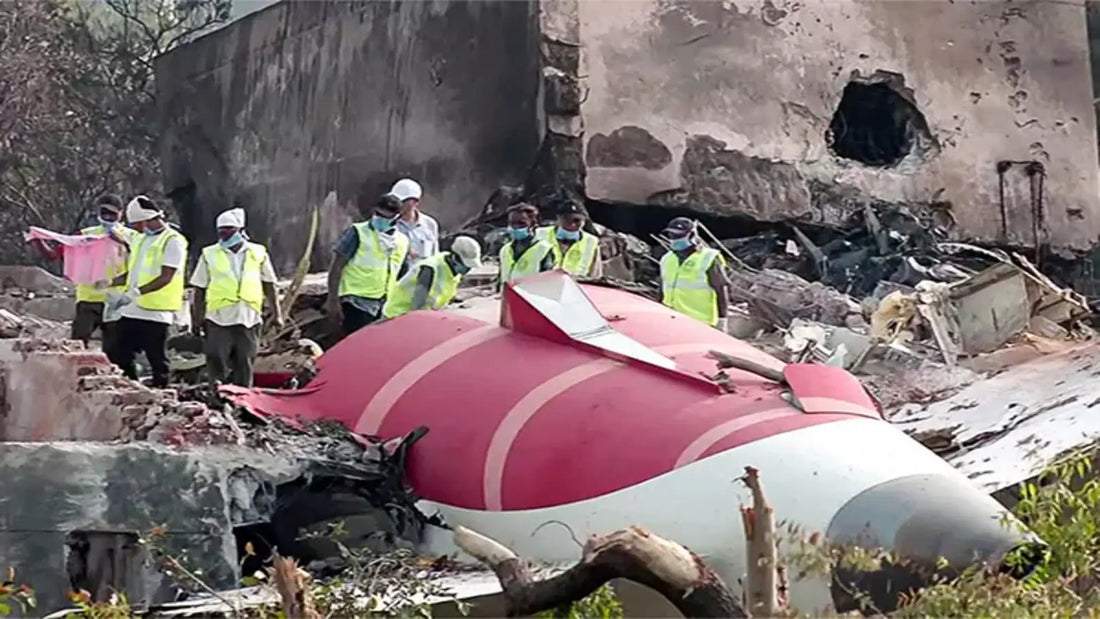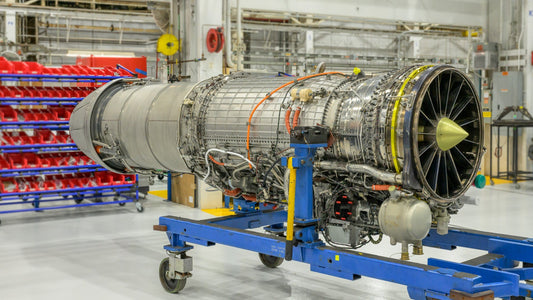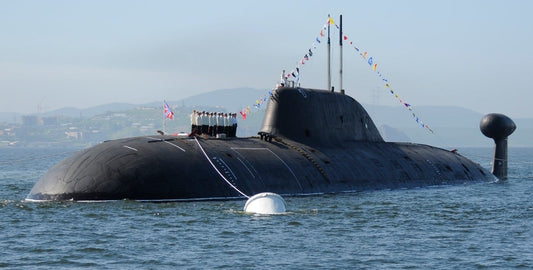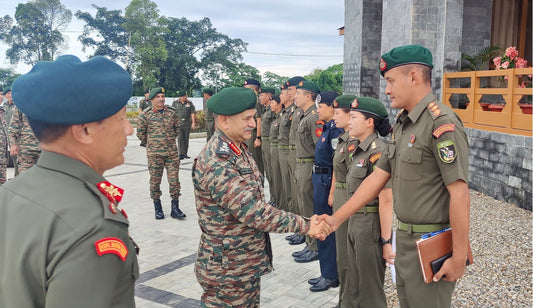Investigators Explore Sabotage Possibility in Air India Flight AI 171 Crash

Union Minister of State for Civil Aviation Murlidhar Mohol announced that sabotage is among the potential factors being examined in the Air India flight AI 171 disaster that resulted in 274 fatalities earlier this month. During the Pune chapter of the Emerging Business Conclave, the minister revealed that the Aircraft Accident Investigation Bureau (AAIB) is thoroughly investigating the incident and considering all possible causes.
The Air India Dreamliner Boeing 787-8, en route to London, crashed on June 12, shortly after departing from Ahmedabad’s Sardar Vallabhbhai Patel International Airport. The aircraft descended rapidly and collided with the staff housing complex of BJ Medical College, igniting a significant fire. Of the 242 passengers and crew on board, only one survived, and nine people on the ground also perished.
Murlidhar Mohol, speaking to NDTV, stated, “The AAIB is investigating all aspects, including potential sabotage. The examination of CCTV footage is underway, with multiple agencies involved.” He stressed the importance of a comprehensive and independent inquiry, noting the crash's rarity.
Concerns about the management of the aircraft's black box were addressed by Mr. Mohol, who affirmed that it remains in the secure possession of the AAIB and will not be sent abroad for analysis. The black box, containing both the cockpit voice recorder (CVR) and flight data recorder (FDR), is crucial in determining the events leading up to the crash.
Officials reported that the pilot had issued a Mayday distress call shortly after takeoff, signaling a severe emergency. Speculation is mounting that a dual engine failure may have led to the crash, a scenario deemed highly unusual by aviation experts.
The minister remarked, “The investigation will determine whether the cause was engine-related, a fuel issue, or another factor. It's too early for conclusions, but the CVR will provide insight,” and stated that the final report is expected within three months.
In response to safety concerns raised by the crash, Mr. Mohol assured that all 33 Dreamliner aircraft in Air India’s fleet have been thoroughly inspected as instructed by the Directorate General of Civil Aviation (DGCA), with no problems identified.
Beyond the crash, Mr. Mohol discussed broader aviation issues, highlighting over 400 technical vacancies in the DGCA, concerns about pilot working hours, and efforts to make air travel more affordable. He mentioned the introduction of low-cost food options at airports through Udaan Yatri Cafes, which offer essentials like tea and snacks at reasonable prices.
The devastating crash has heightened demands for stricter aviation oversight and increased transparency in accident investigations as authorities strive to uncover the true cause of one of India’s most catastrophic air disasters.



















